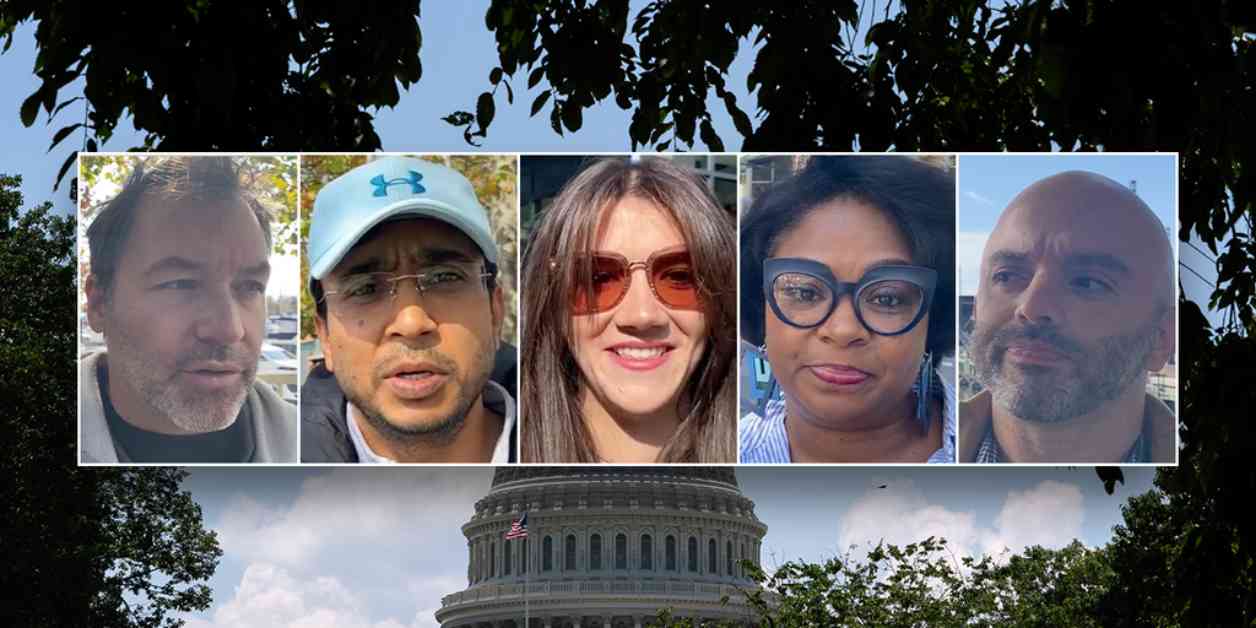Voters in Washington D.C. have shared their thoughts on major news outlets, like The Washington Post and Los Angeles Times, deciding not to endorse a presidential candidate as the election draws near. These outlets have traditionally supported Democratic candidates, but this time, they are staying neutral. Some people believe this is because they see Vice President Kamala Harris as a weak candidate and are afraid of supporting someone who might lose.
According to some residents, the fear of backlash from former President Trump if he were to win again is also a factor in these outlets’ decisions. People are concerned about the credibility and trustworthiness of the media, with The Post owner Jeff Bezos explaining that the goal is to regain public trust. He believes that endorsements can create a perception of bias and may not have a significant impact on election outcomes.
While some voters agree with the decision of major outlets not to endorse candidates, others feel that these publications should take a stand and provide guidance to readers. The debate over media bias and the role of journalism in politics continues, with varied opinions among the public.
Ultimately, the decision of news outlets not to endorse a presidential candidate reflects a larger discussion about the media’s responsibility in shaping public opinion and providing unbiased information to readers. While some believe that endorsements are essential for guiding voters, others see them as potentially influencing the democratic process. The ongoing debate highlights the complex relationship between the media, politics, and the public.




